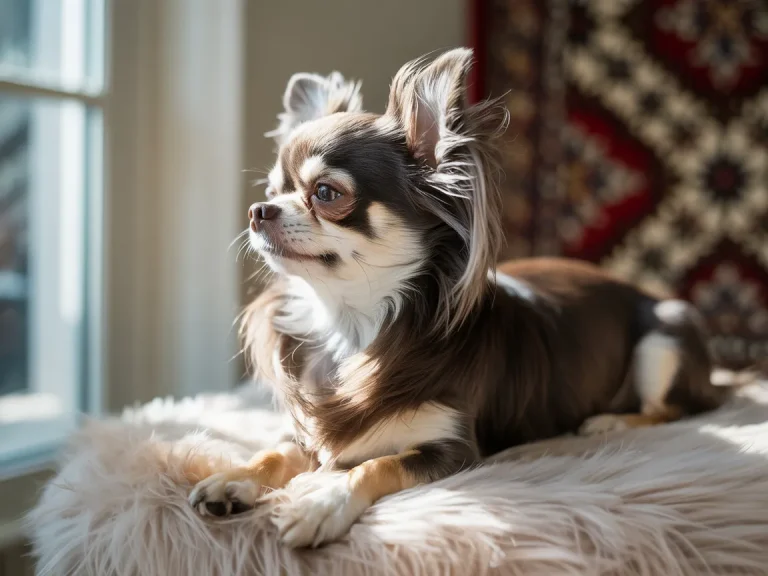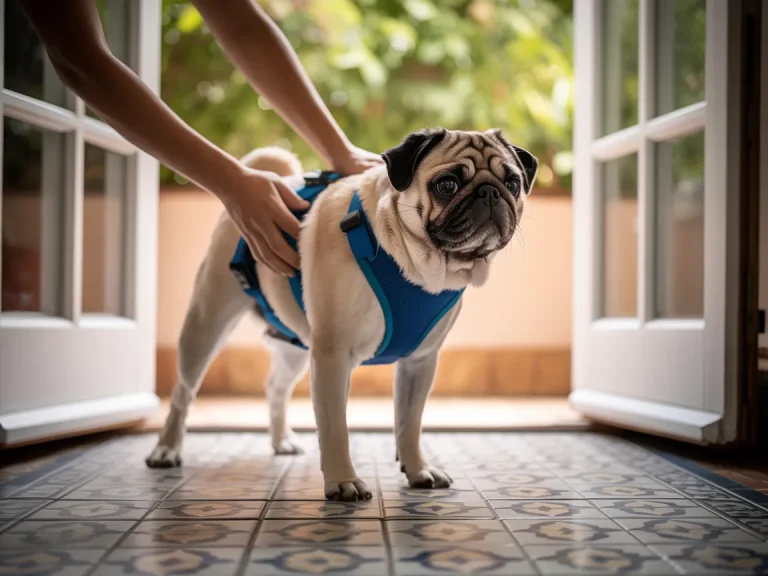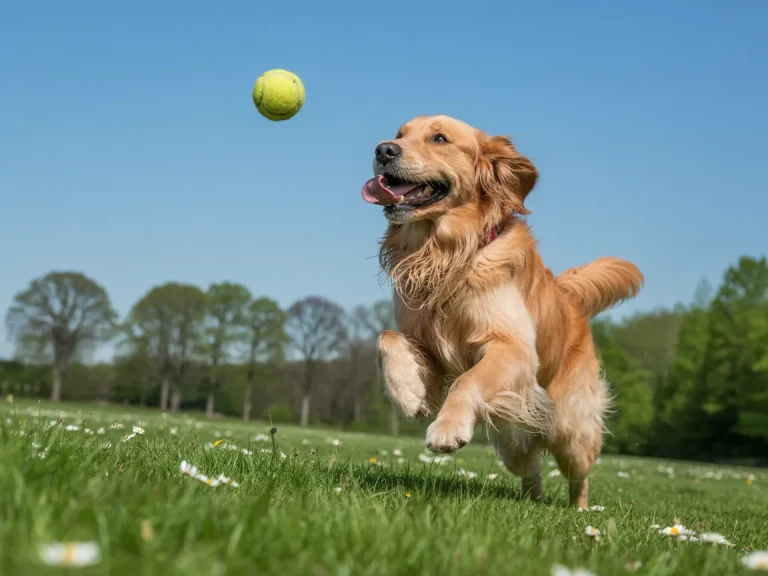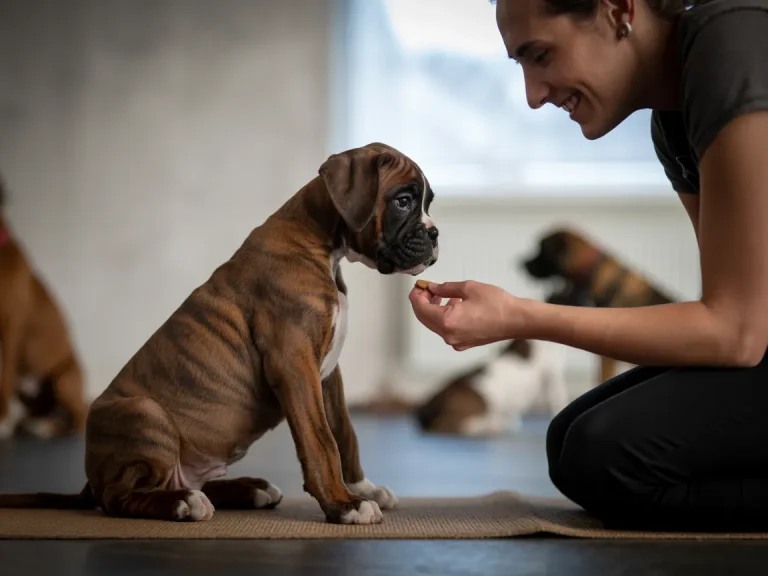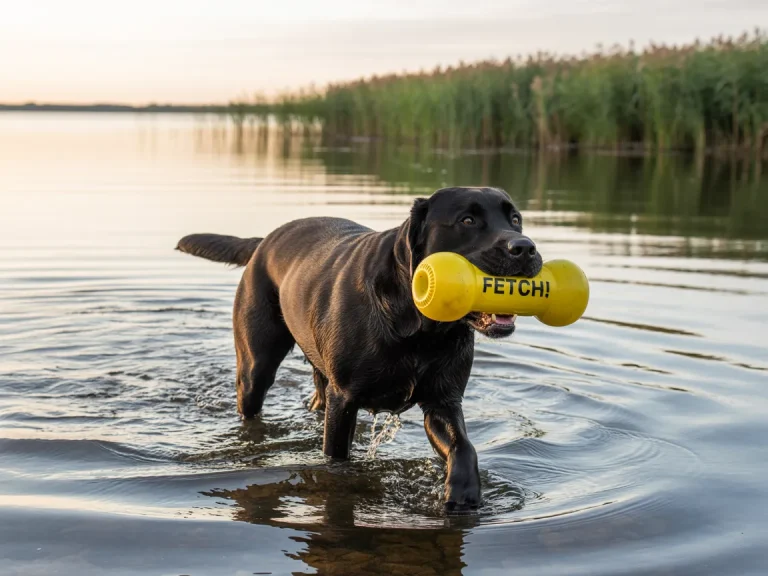Welcoming a corgi puppy into your home is like inviting a pocket-sized dynamo with a heart of gold. Those stubby legs and big, curious eyes aren’t just adorable—they hint at a breed that’s as clever as it is affectionate. In this guide, we’ll chat about what makes these herding champions tick, from their spirited “I’m ready for anything” attitude to the daily play and think-time that keeps them centered. Think of it as your roadmap to raising a happy, well-rounded corgi who thrives in body and mind.
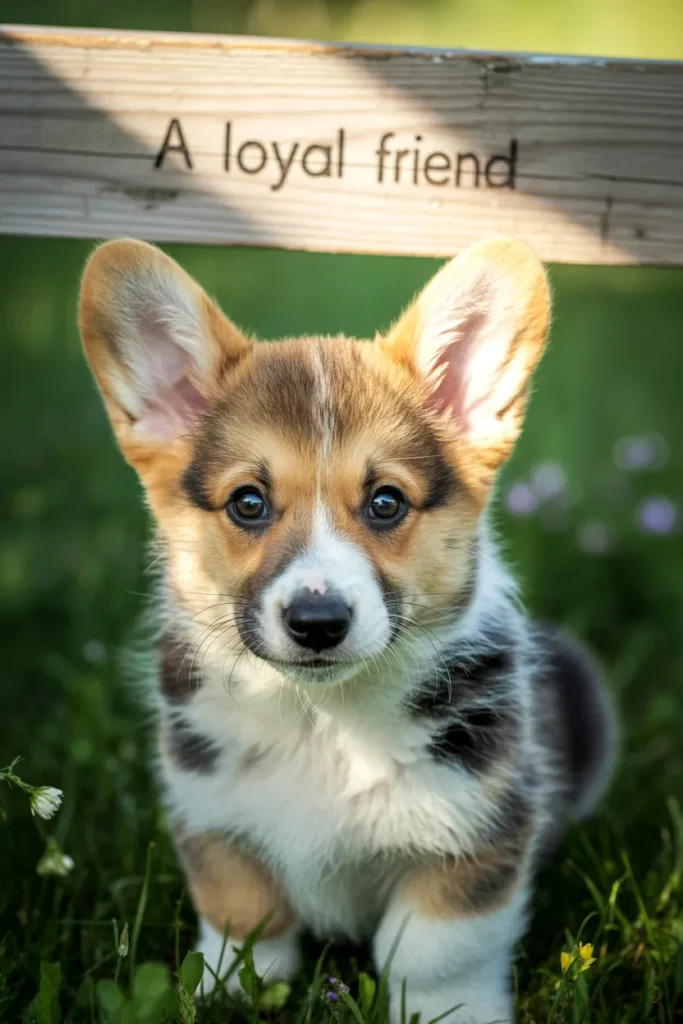
Understanding the Corgi Personality
Before you leash up for your first adventure, it helps to know what’s brewing behind that perky smile. Corgis are famous for blending sharp intelligence with a playfulness that’d put most comedians to shame. They’re loyal enough to shadow you around the house, but they’ll also surprise you with bursts of goofy energy—like a sprinter in a tuxedo. Recognizing these traits means you can set up activities that suit their style and avoid the classic “bored-puppy chaos” scenario.
Key Traits of the Pembroke Welsh Corgi
Picture a tiny athlete in a well-tailored suit—that’s your Pembroke Welsh Corgi. With sturdy little bodies, alert ears, and eyes that sparkle at the hint of fun, they’re built for both work and snuggles. Originally cattle herders, you might notice them gently nipping at your heels during a game of tag—an instinctual wink that says, “Keep it moving!” I still laugh remembering how my first corgi, Daisy, tried herding my unsuspecting slippers across the living room.
Don’t let their compact size fool you—they’ve got the stamina of a marathoner. These dogs thrive on learning new tricks, whether it’s mastering “spin” or tackling an obstacle course in the backyard. But with great smarts comes the occasional mischief: a bored corgi might turn your socks into chew toys or rearrange your throw pillows. That’s why reward-based training—think treats, high-fives, and enthusiastic “good job!”s—is pure gold for channeling their energy and keeping those bright minds happily occupied. You can find more details on the official breed standard at the American Kennel Club.
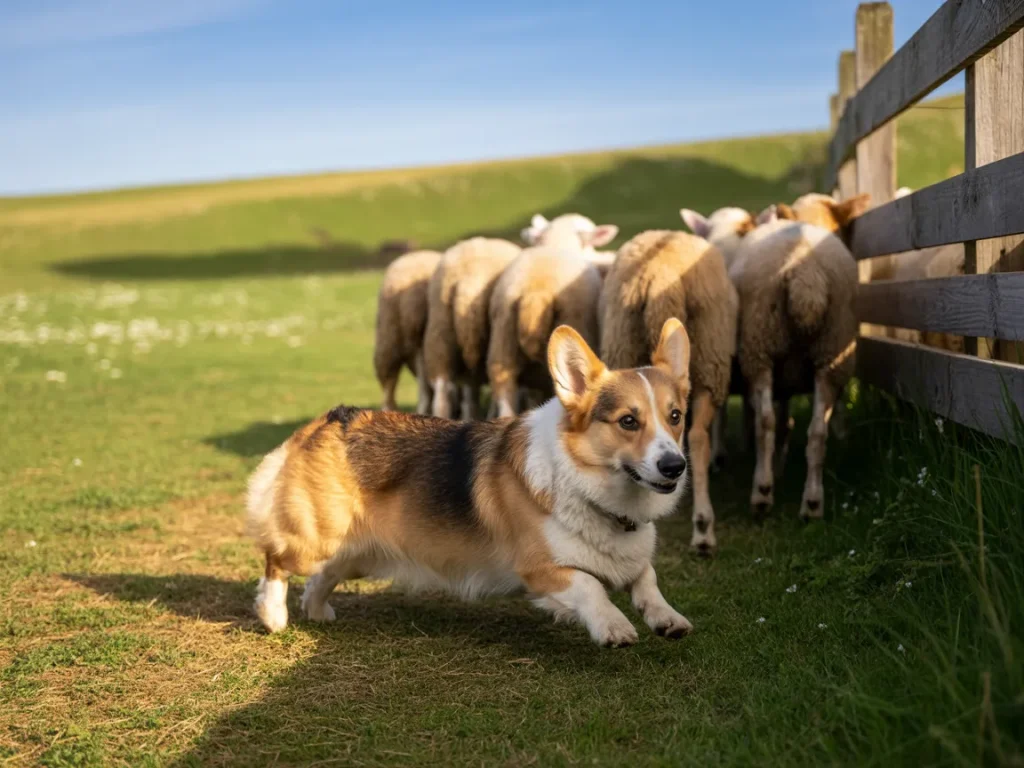
Social and Emotional Needs
Corgis are social butterflies at heart. They form tight bonds with their families and can get a little dramatic if you step out without them—cue the forlorn whimpers when you grab your keys. To build their confidence, introduce your pup to parks, people of all shapes and sizes, and friendly neighborhood dogs before they hit 16 weeks. Early exposure is like sprinkling a little magic dust on their social skills, turning shy puppies into outgoing charmers.
Short, fun training sessions sprinkled throughout the day do double duty: they keep your corgi’s brain buzzing and deepen the bond between you two. Ever tried a “search and sniff” game in the living room? Hide a favorite toy under a cushion and watch their nose go to work—it’s mental gymnastics at its best. And never underestimate the power of a good cuddle session or gentle brushing; to a corgi, that’s pure emotional currency. By balancing playdates and pampering with structured outings, you’ll raise a pup who’s as emotionally resilient as they are energetic.
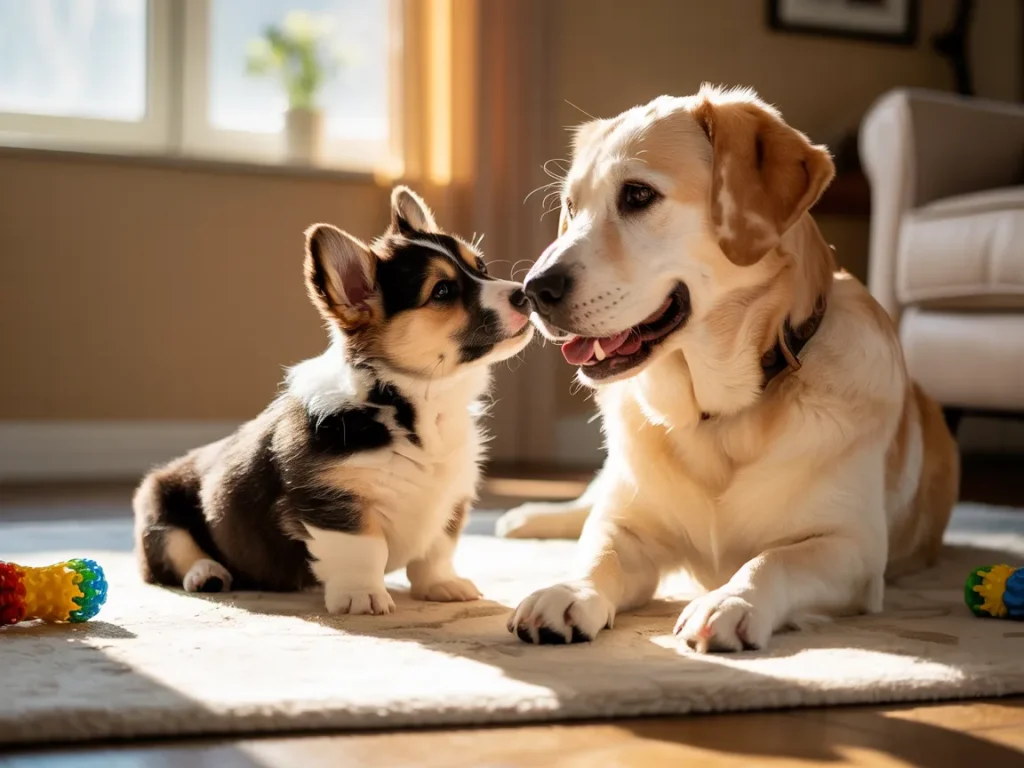
Meeting Exercise Needs
Think of exercise time as your corgi’s favorite part of the day—like opening a long-awaited gift. These little dynamos need more than couch cuddles to stay content. Regular movement keeps their bodies strong and their minds sharp, curbing the “zoomies” and nipping mischief in the bud. Whether you’ve got a bouncy puppy or a wise old pupper, mixing up walks, games, and free play is the secret sauce.
Daily Walks and Play Sessions
Two brisk walks—each about 20–30 minutes—are a solid starting point. Picture it as a mini-adventure: let your corgi sniff around, scout the neighborhood, and strut at their own pace. A snug, well-fitted harness is like a cozy sweater—it protects their neck and helps them feel secure. After your stroll, head to your yard or a local park for a round of fetch or tug-of-war. These games tap into their herding roots—think of your corgi chasing a frisbee like a cowboy herding cattle (but way cuter).For more on general exercise recommendations, see the American Kennel Club’s guide to how much exercise a dog needs.
Keep an eye on those tiny legs: if your pup slows down or pants heavily, it’s time to hit the pause button. Slip in quick training “pit stops” on your walk—ask for a sit, a stay, or recall—and you’ve blended exercise with manners practice. And when the weather’s gloomy or too hot, don’t worry. A spirited hallway fetch or a few stair-climbing sprints can do wonders indoors.
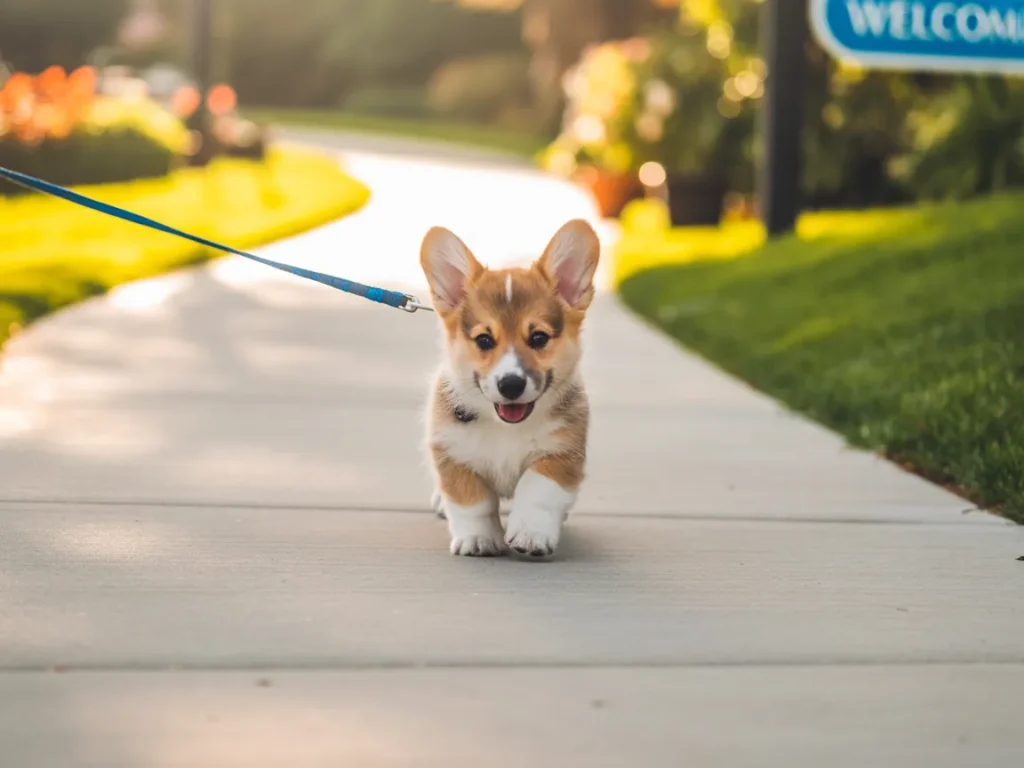
Advanced Activities and Mental Stimulation
Once your corgi masters walks and fetch, level up the fun with brain games that feel like puzzles wrapped in treats. Treat-dispensing balls and hide-the-toy challenges turn snack time into a scavenger hunt—watch those little ears perk up when they solve a problem. Ever tried an agility course? Even a beginner setup in the backyard—cones, low jumps, a tunnel—will have your corgi bounding through like a furry Olympian.
If you’re short on space, sprinkle scent-games around the house. Hide tiny treats under cups or pillows and let your pup play detective. Nose work classes are another brilliant option; they teach your dog to follow scent trails, turning their super-sniffer into a full-time job. And before dinner, slip in a five-minute “trick workshop”: a quick “spin,” “paw,” or “bow” will tire out their brain cells and earn them that meal with extra gratitude.
By weaving together walks, play, and smart challenges, you’re not just filling a schedule—you’re building a confident, well-rounded corgi who’s ready for anything (zoomies included!).
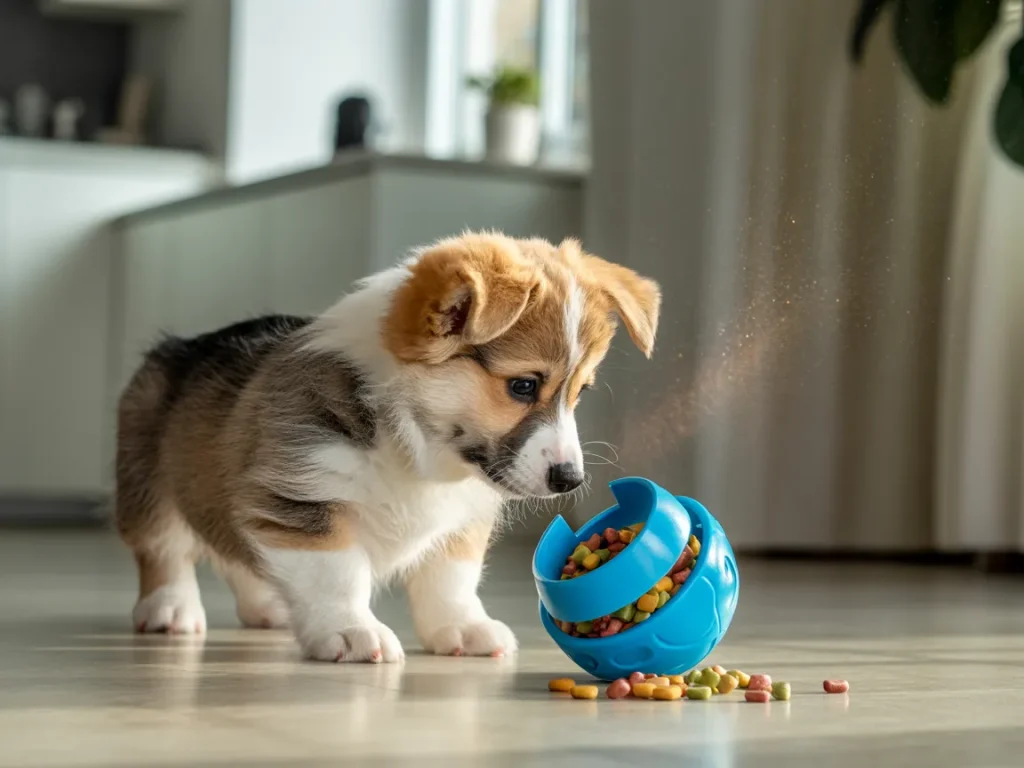
Training Tips for a Happy, Healthy Corgi
Training a corgi is a bit like choreographing a dance—you need patience, timing, and a good dose of encouragement. Ready to see your pup shine? For an in-depth look at positive reinforcement methods, explore the American Kennel Club’s guide to operant conditioning and reward-based training.
Start small and keep it fun. Five- to ten-minute bursts are perfect for teaching core cues—sit, stay, come—using mouth-watering treats that make your corgi’s ears perk up like little radar dishes. Think of those early wins as the opening numbers in a great show: celebrate each “sit” or “come” with an enthusiastic “Yes!” and a gentle scratch behind the ears.
Once the basics are humming along, spice things up by weaving in new challenges—literally. Set up a line of cones for your pup to zigzag through or introduce hand signals alongside your verbal cues. It’s like adding a new dance step to the routine, keeping both body and brain engaged. I’ll never forget the first time my corgi, Max, nailed the “weave” sequence—his tail wagged so hard it was practically a metronome!
Socializing is another star of the training lineup. Group walks or puppy classes toss in real-world distractions—rustling leaves, chattering squirrels, other dogs—so your corgi learns to focus no matter what’s happening around them. And here’s a gentle reminder: skip the heavy-handed corrections. Harsh words or jerks on the leash can chip away at that trusting bond you’re building. Instead, lean on clear signals, consistent routines, and plenty of praise to keep their confidence soaring.
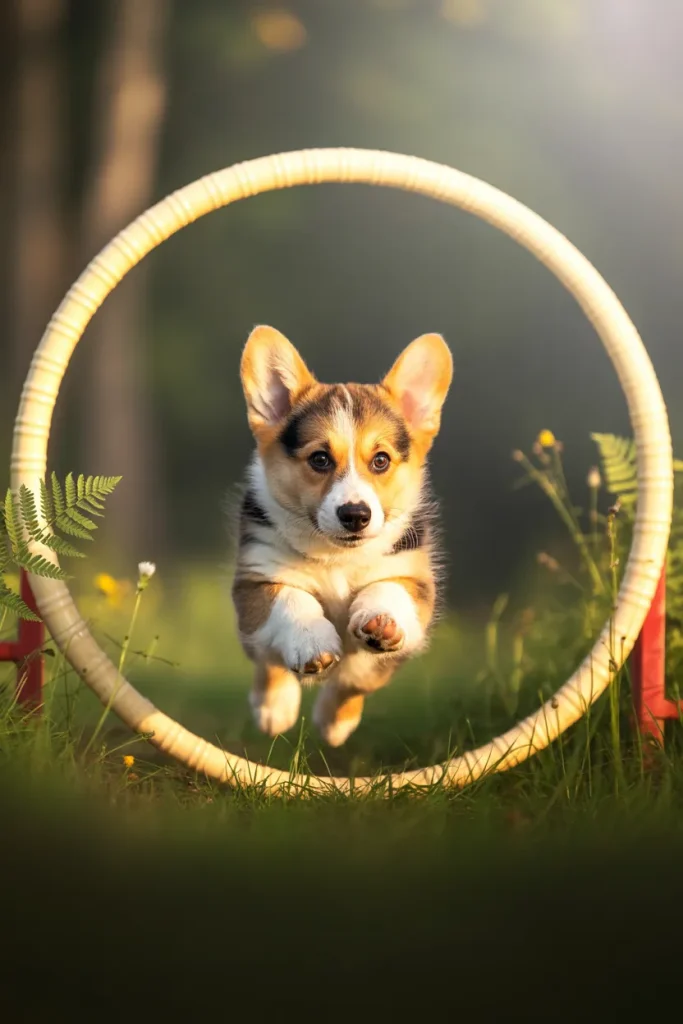
Conclusion
Raising a corgi is a joyride full of bouncy zoomies, tiny herding antics, and heart-melting cuddles. By mixing reward-based training, tailored workouts, and meaningful bonding time, you’ll guide your Pembroke Welsh Corgi or corgi puppy into becoming a confident, well-mannered companion. Keep an eye on their health, tweak activities as they grow, and never underestimate the power of a cozy snuggle session after a day of adventures. With creativity, patience, and a pinch of humor, you’ll forge a lifelong friendship that’s as loyal as it is charming.
Disclaimer: This article is for informational purposes only and does not constitute professional veterinary advice. Always consult a licensed veterinarian or certified dog trainer regarding the specific needs and health of your dog.
